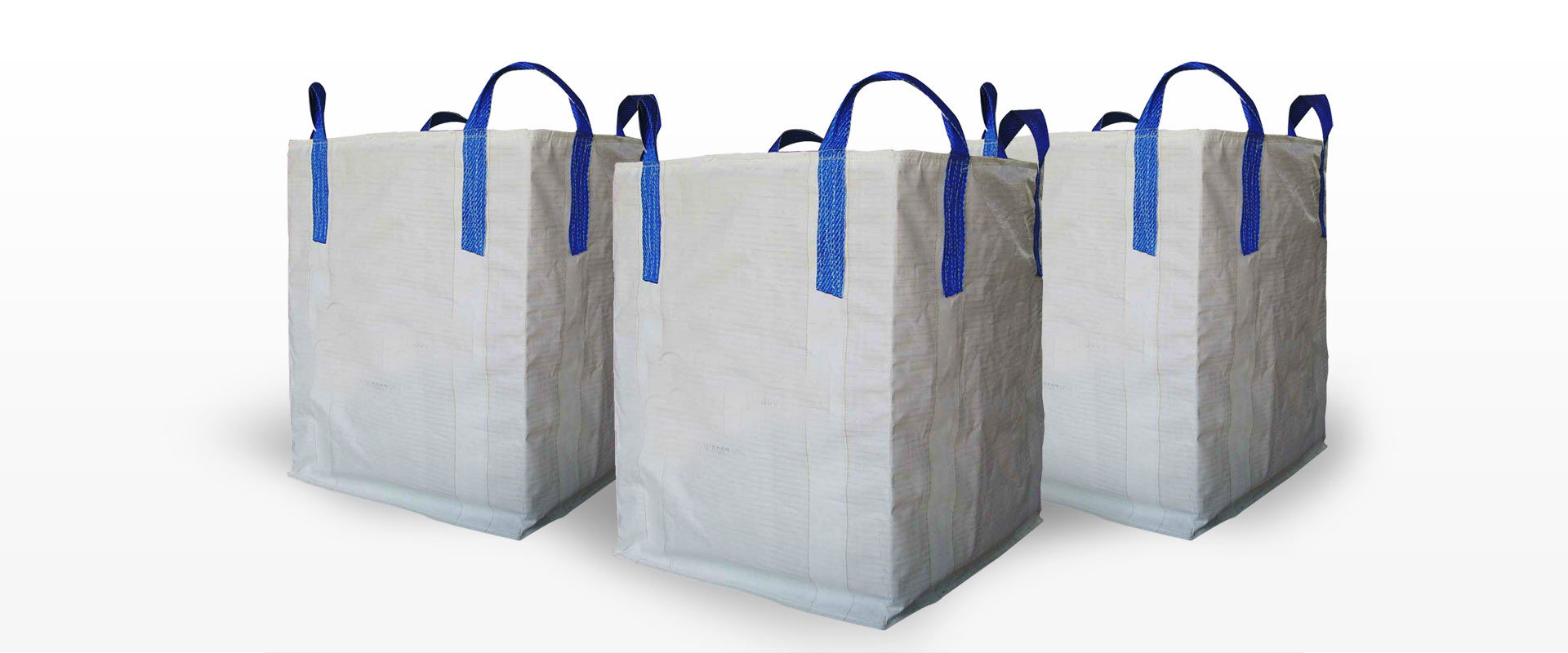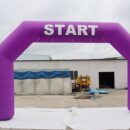Finding The Right Bulk Bag For Your Business Needs

If you are just starting a product-based commercial business your first line of action needs to be to find the best possible bulk container to store and transport your products. Remember, this is an essential tool that will help customize the very efficiency of your business. However, it often gets quite confusing when you have to make a choice for buying FIBC bags that you will use consistently for your business. So before you start the purchase of the FIBC bulk bags, here are few details that will help you make an informed decision with less risk of a wrong choice.
The choice on the basis of size
Flexible bulk containers are available in a large variety of sizes. These containers are particularly effective when storing or transporting products such as sand, grains or even powders that will eventually be marked and categorized into packages. You can find these containers available as bulk bags, totes or even super-size bags. The size that you eventually choose for your FIBC bags will depend on the type of product that you are dealing with and the extent of your business operation. Calculate the number of products that you need to transfer or store on a daily basis and you’ll eventually see if you need to hire sand dumping services. In this situation, the product density is more important because the size of the bags have to be proportional to the load capacity of the products. Compare the SWL or the safe working load measurements of the various types of FIBC bags that you are choosing from. This level is depicted with a ratio that is referred to as a safety factor. Compare your product density requirements with the SF of the available FIBC bags to choose the variety that will most securely work for the number of products that you have to deal with on a per-day basis.
The choice on the basis of the fabric of FIBC bags
Based on the types of fabrics, FIBC bags are available in 4 major categories
Type A – Generic fabric-based bags that cannot be used to for any flammable or combustible product transfer
Type B – They are created with special procedures and material choices to make sure that they provide an added protection against any static electric charges at least less than 6 Kilo Volts you can still carry combustible powders in these but flammable substances should still be kept away.
Type C – Made up of conductive material, these bags are usually grounded to avoid direct electric charge build-ups. Even during the loading and unloading of products within the bags, these need to be completely grounded to avoid sparks or explosions.
Type D – These bags are extra tough material based that are able to protect even against explosions or small amounts of electricity or charge build-up during the loading and unloading of the products. These however should not be used on any surface or area that can provide good conductivity.
Make sure to only purchase your FIBC bags from established manufacturers who follow all safety guidelines and test each of their products to carefully label them according to the SF and type of materials.




















How Your Business Can Benefit From Protective Screens
What Are The Main Advantages Of Using A Marketing Agency?
7 Benefits Of Using Internet Marketing For Your Business
A Guide To Advertising A Brand New Business